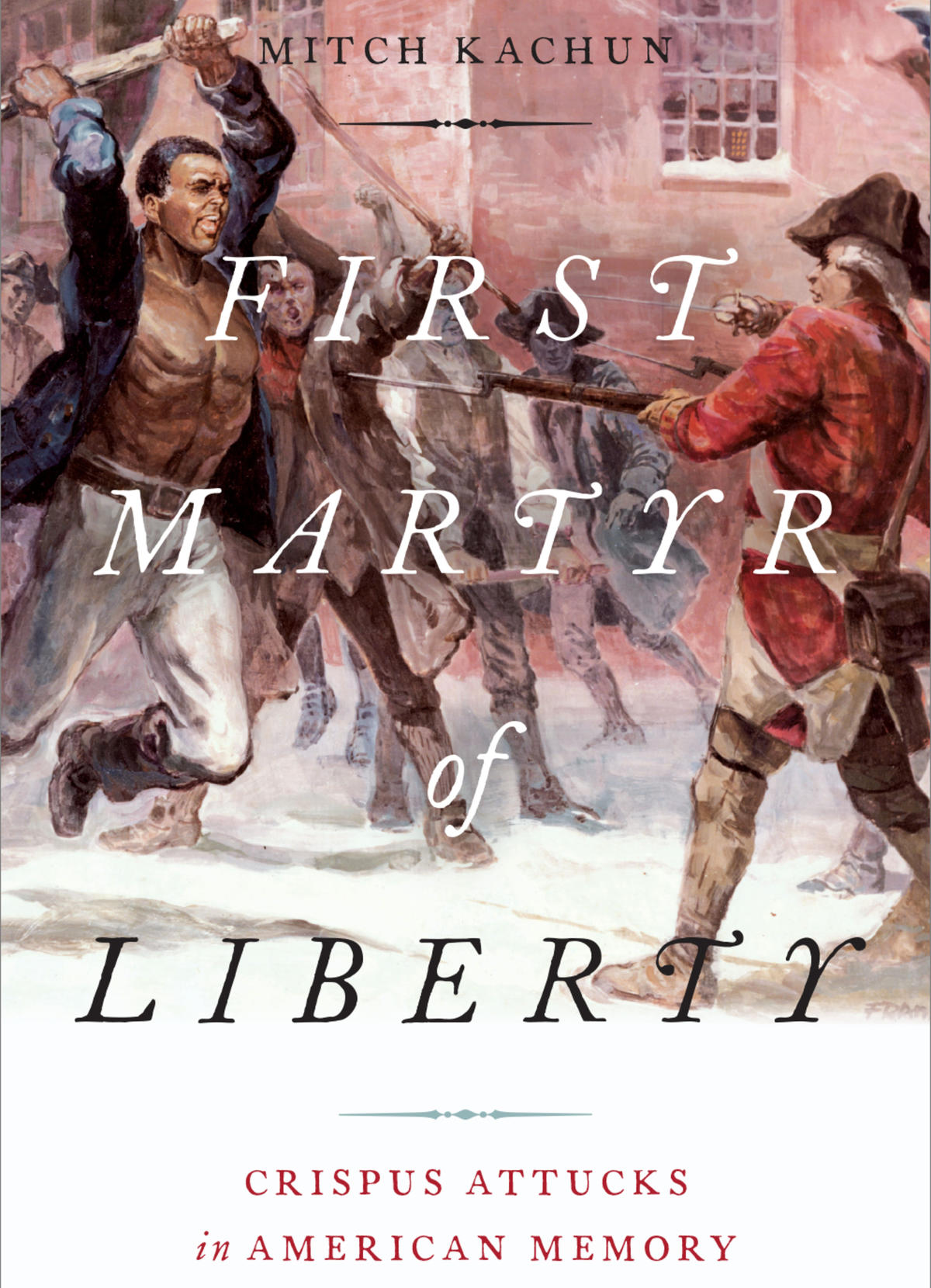WSW: Crispus Attucks And A “Blank Slate” In HistoryPosted in Articles, Audio, Biography, History, Interviews, Media Archive, United States on 2017-11-29 01:56Z by Steven |
WSW: Crispus Attucks And A “Blank Slate” In History
WestSouthwest
WMUK 102.1 FM
Information + Inspiration for Southwest Michigan from Western Michigan University
Gordon Evans, Host

First Marty of Liberty: Crispus Attucks in American Memory
Credit Oxford University Press
Western Michigan University History Professor Mitch Kachun says his book is about Crispus Attucks, one of the men, killed at the Boston Massacre in 1770. But he says First Martyr of Liberty: Crispus Attucks in American Memory also raises questions about who’s included in history, and who is ignored.
Attucks himself was ignored for long periods of American history. Kachun says while the Boston Massacre was remembered in the 1770’s into the 1780’s, those killed were rarely mentioned by name. But Kachun says around the time of the 50th anniversary of the signing of the Declaration of Independence, more attention was paid to the role of the working class in the American Revolution. Then as the anti-slavery movement became more active, the story of the mixed-race man killed in 1770 was told more often. By the end of the 1840’s and in the 1850’s, Kachun says Attucks was often referred to as a figure in the Revolution.
If Attucks had not been mixed race, Kachun says his name may not have come so much over time. He says that very few people can name any of the others killed at the Boston Massacre. Kachun says Attucks was identified as mixed-race or “mulatto,” but the initial newspaper accounts and the coroner’s report identified him as “Michael Johnson.” Kachun says that had led to theories that Crispus Attucks was hiding his identity because he had escaped slavery in 1750. But Kachun says there is no evidence to support that claim…
Read the entire article here. Listen to the interview (00:29:27) here.
